Community Led Learning Grants
The Community Led Approaches to MEAL Grant enables people affected by or at-risk of crises to have more of a say in monitoring, evaluation, accountability and learning.
The Community Led Approaches to MEAL Grant enables people affected by or at-risk of crises to have more of a say in monitoring, evaluation, accountability and learning.
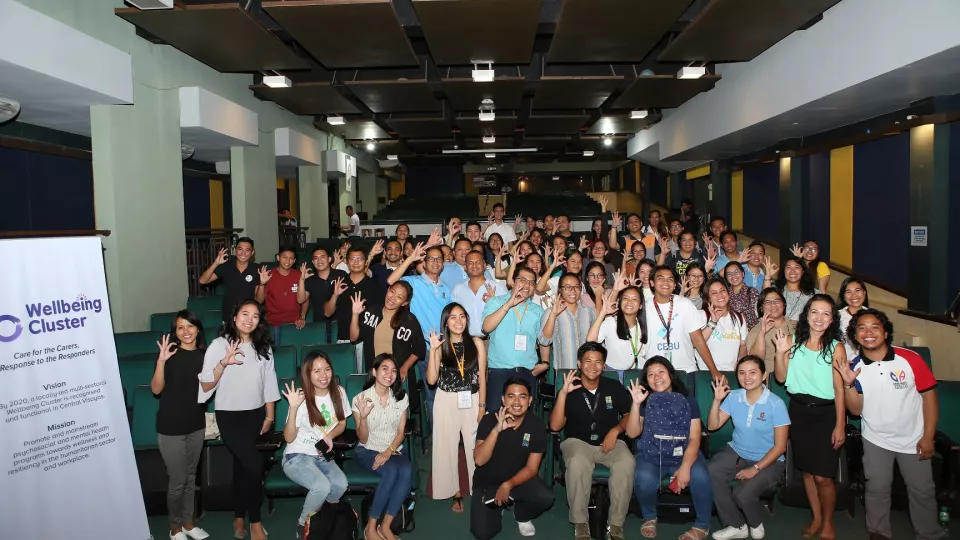
In Cebu, in the Philippines, the very first dedicated 'Wellbeing Cluster' has been officially launched, aiming to catalyse a new way that NGOs prioritise and support the mental health and wellbeing of staff in the humanitarian sector.
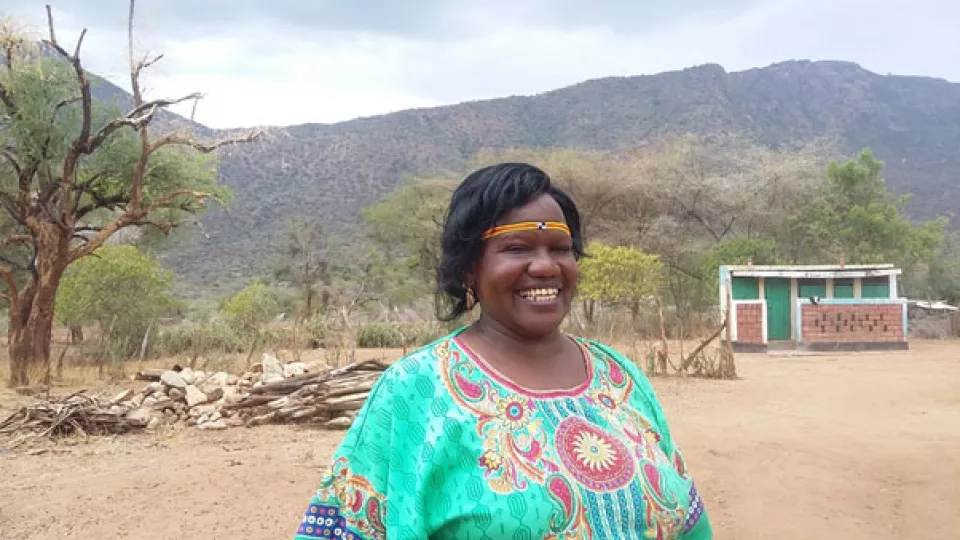
In line with the Grand Bargain commitments, which came out of the World Humanitarian Summit in 2016, the Disasters & Emergencies Preparedness Programme (DEPP) has strengthened preparedness, created and supported collaborative networks, and facilitated locally led humanitarian responses to crises.
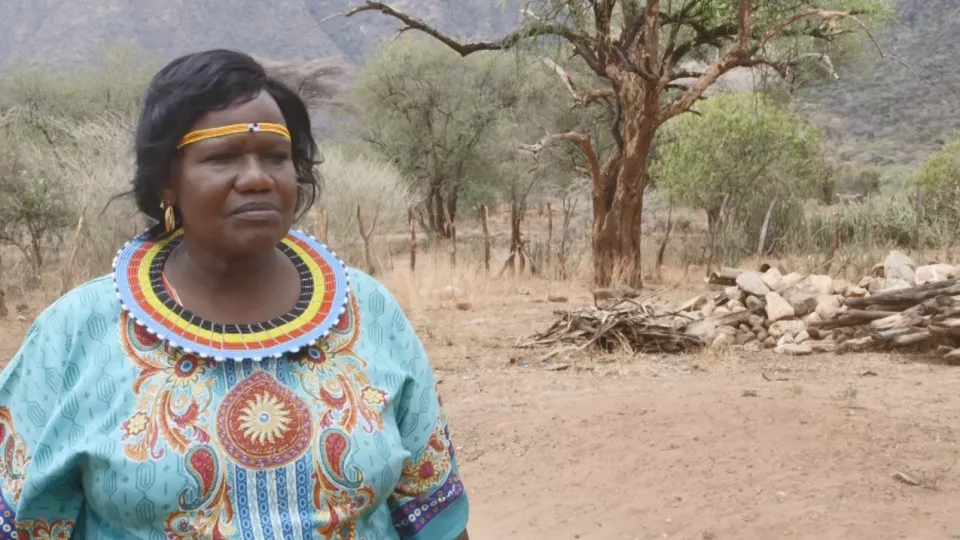
Our video focuses on the work the Disasters and Emergencies Preparedness Programme (DEPP) has been doing in Kenya. We focus on empowering women, positioning local actors to better respond to crisis, such as food insecurity and also building the capacities of humanitarian agencies so that they are more inclusive in their responses.
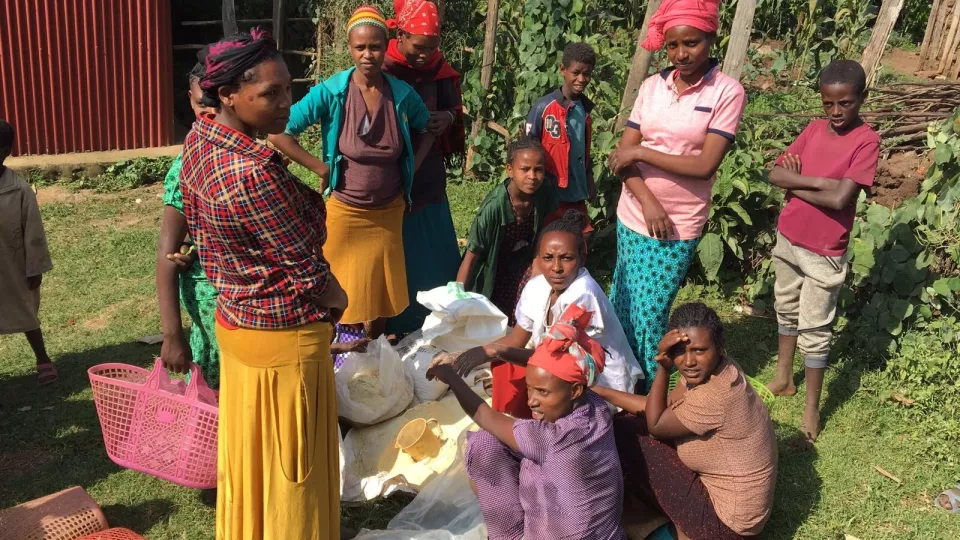
We are looking to recruit a team of consultants to conduct the final evaluation of the Shifting the Power project. This evaluation is to fulfil the project’s accountability to its primary stakeholders – the local partner organisations – and to its secondary stakeholders – the project consortia and donors (INGOs, Start network and DFID). The evaluation will cover all five Shifting the Power countries (Bangladesh, Pakistan, Ethiopia, DRC, and Kenya) and the coordination work done at global/UK level.

Over the past year, the drought emergency has shown how climate change and natural hazards are increasing humanitarian needs in Ethiopia. As communities cope with shocks in agricultural and livestock production and access to food, national humanitarian organisations working with these communities find themselves apart from the decision-making spaces.
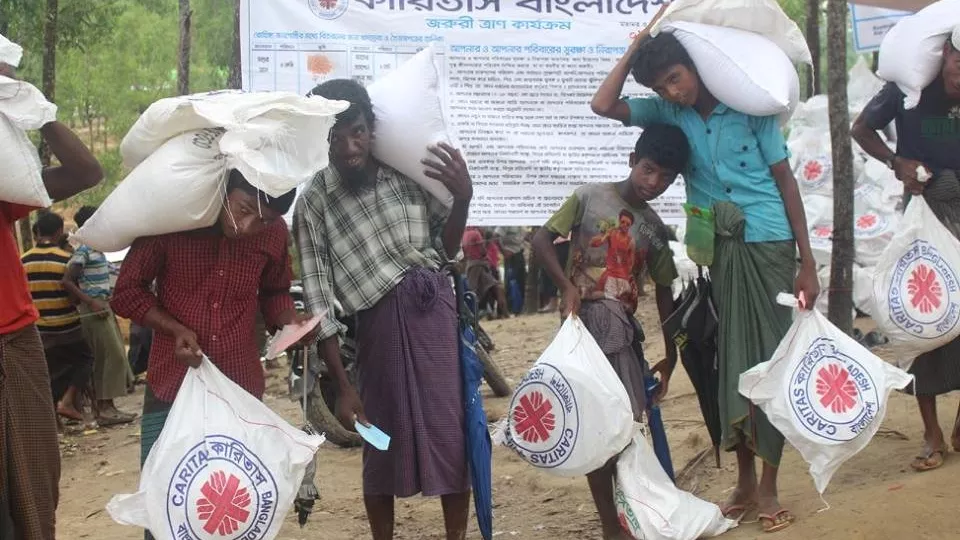
Shifitng the Power has been reacting to the crisis in Rakhine State, Myanmar and the influx of refugees coming into Bangladesh. They have been collaborating very closely with various other partners to give a united and rapid response to the crisis.

Graduates of the Humanitarian Trainee Scheme, a capacity-building programme funded through the Disasters and Emergencies Preparedness Programme, are supporting the Bangladesh Government’s response to the Rohingya refuges crisis.

The Start Network has published a new framework for localisation which aims to provide a practical structure to improve the position of local organisations within international aid. The framework is part of an independent review into localisation of the Start Fund and other Start Network initiatives. Responding to the review, the Start Network has committed to “drive a holistic and transformative approach to localisation”.

As national NGOs continue to lose talented staff to international organisations, a new report analyses experiences of recruitment practices for surge responses in the Philippines.